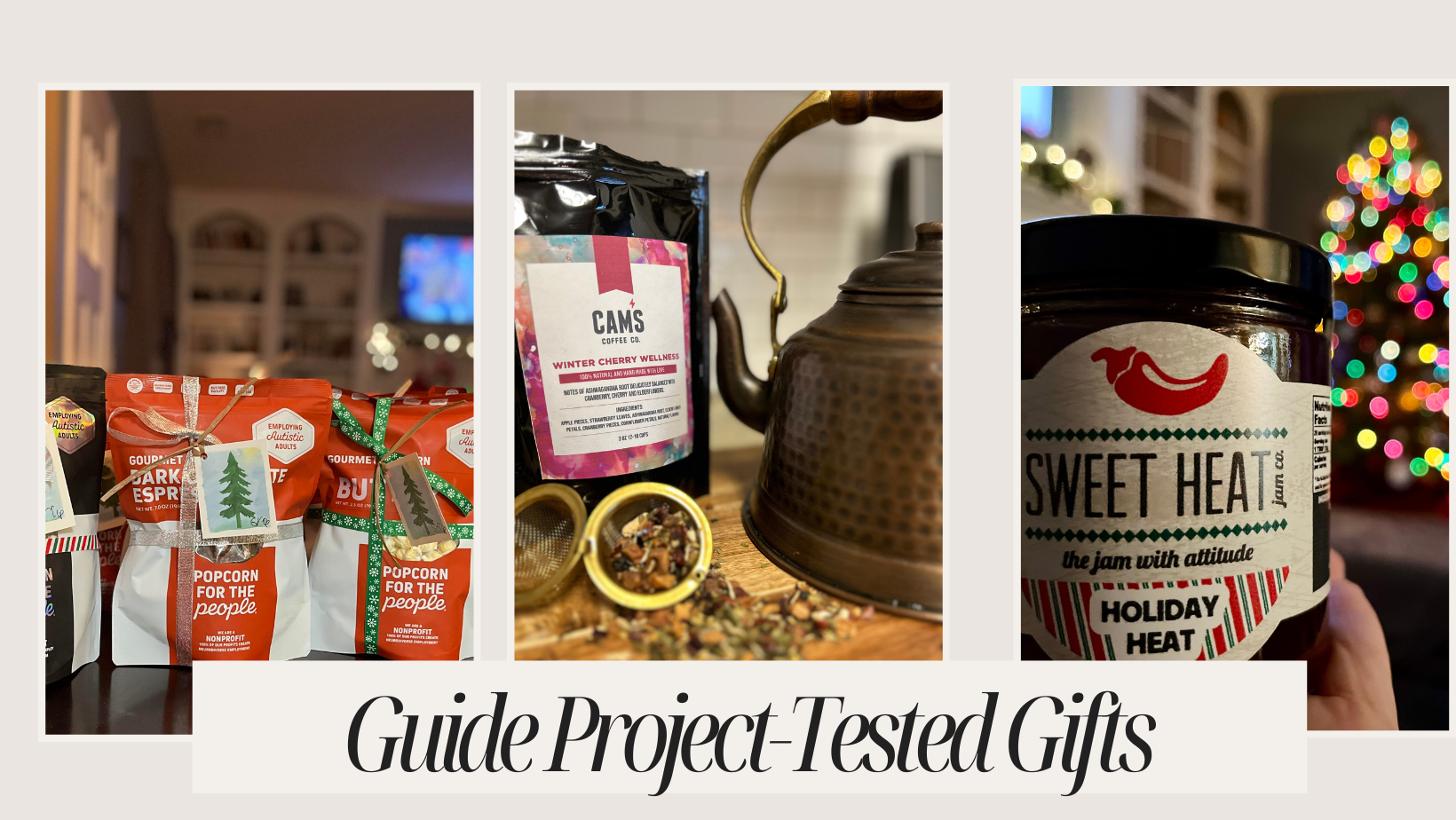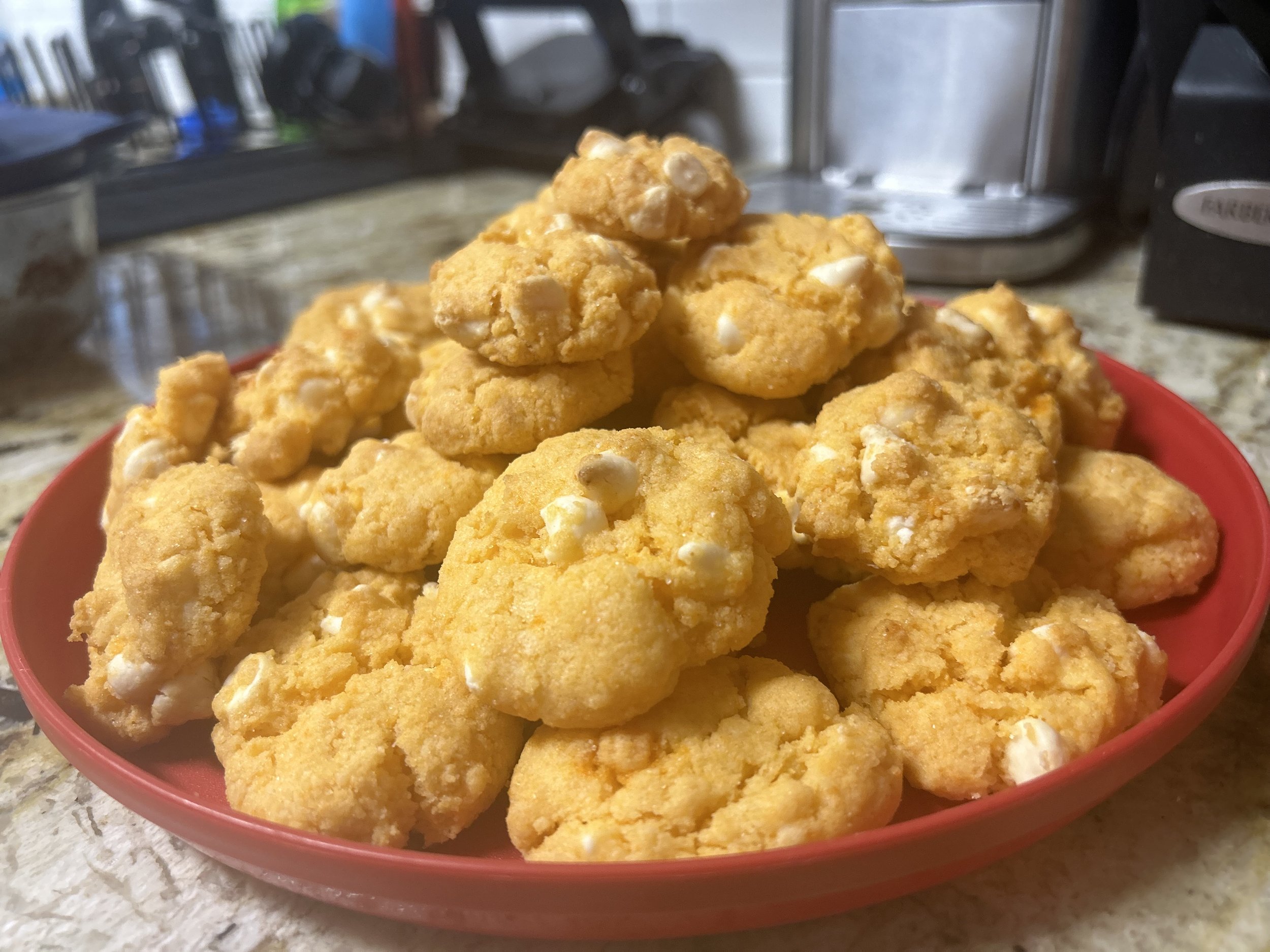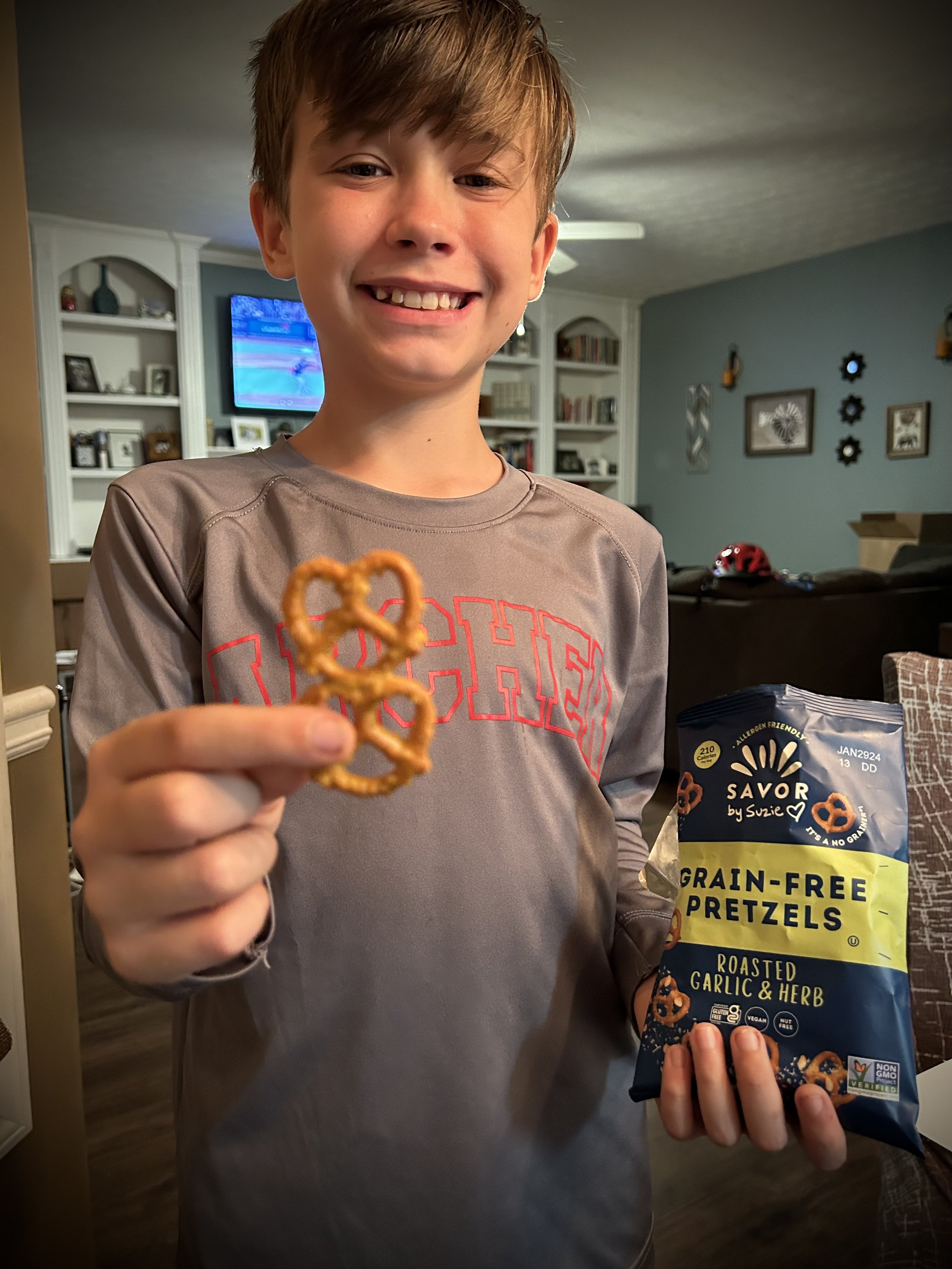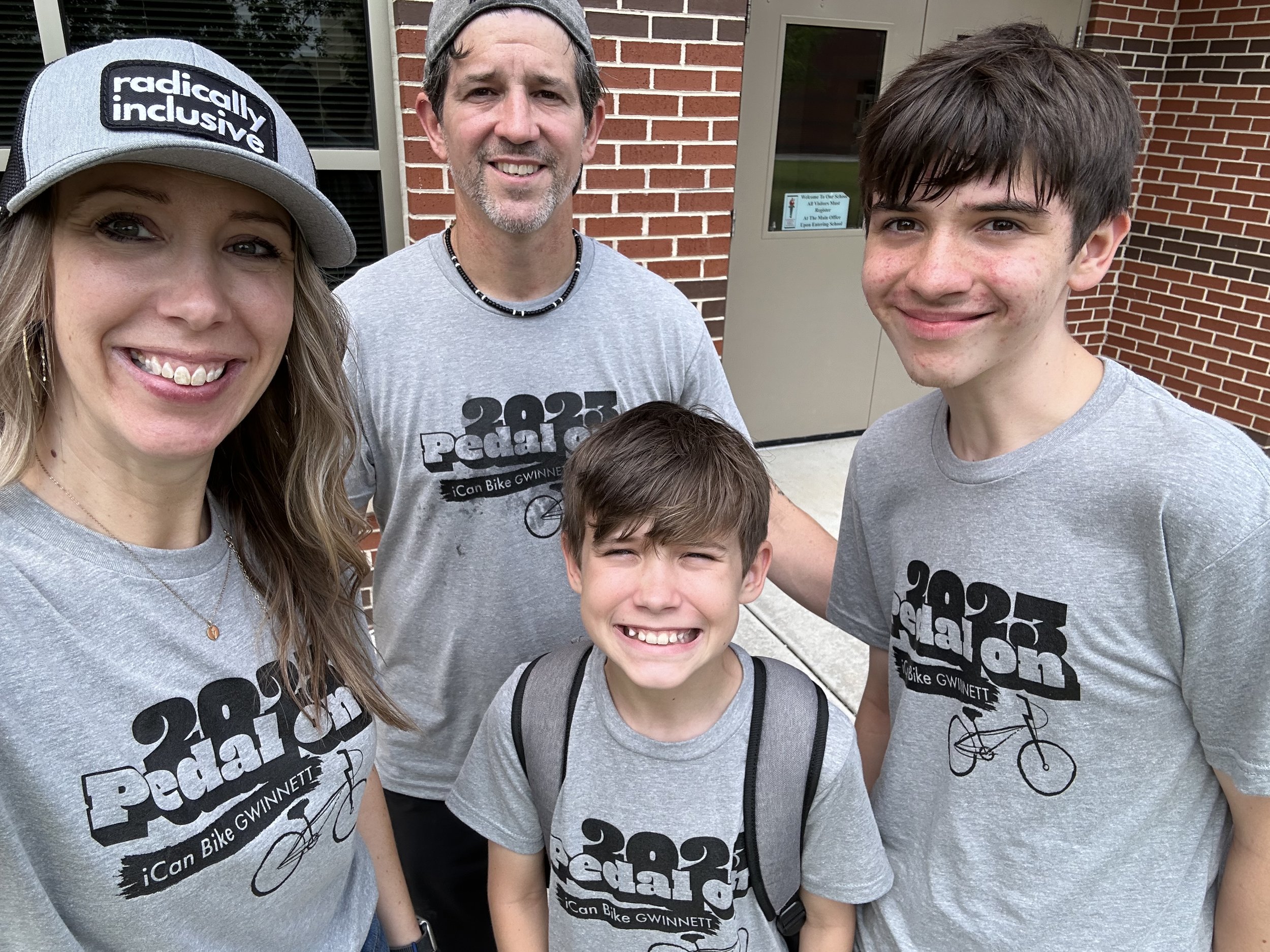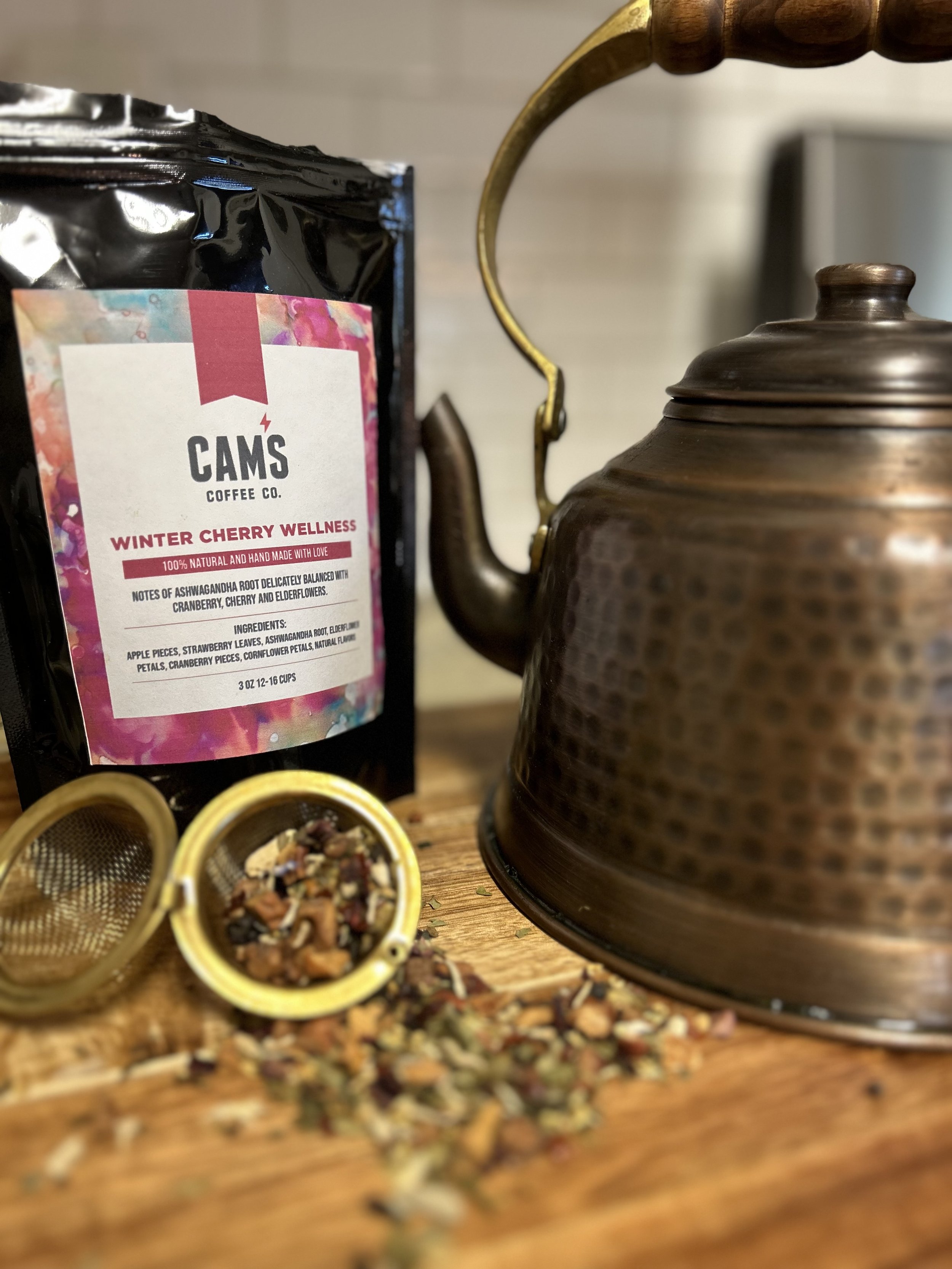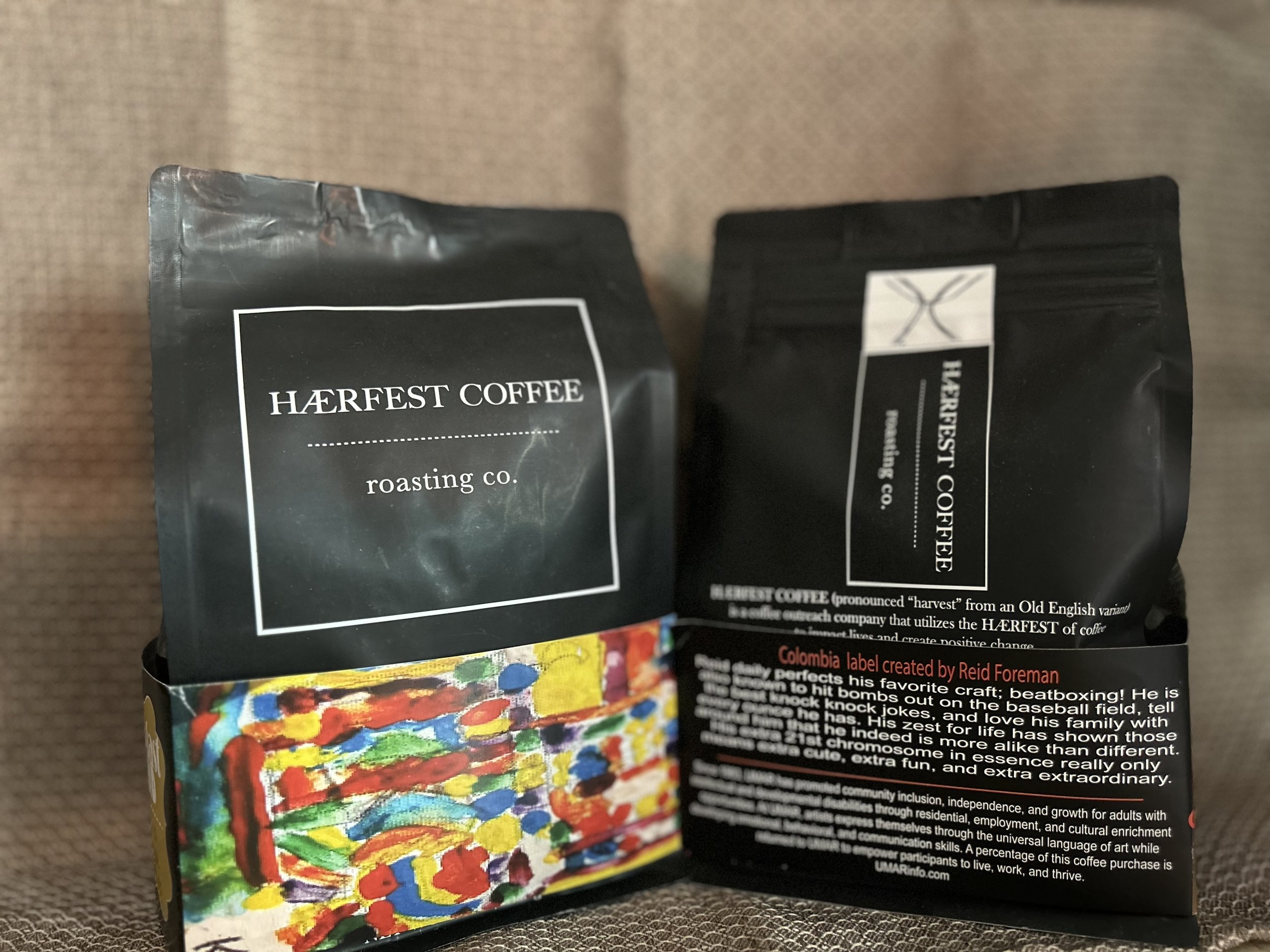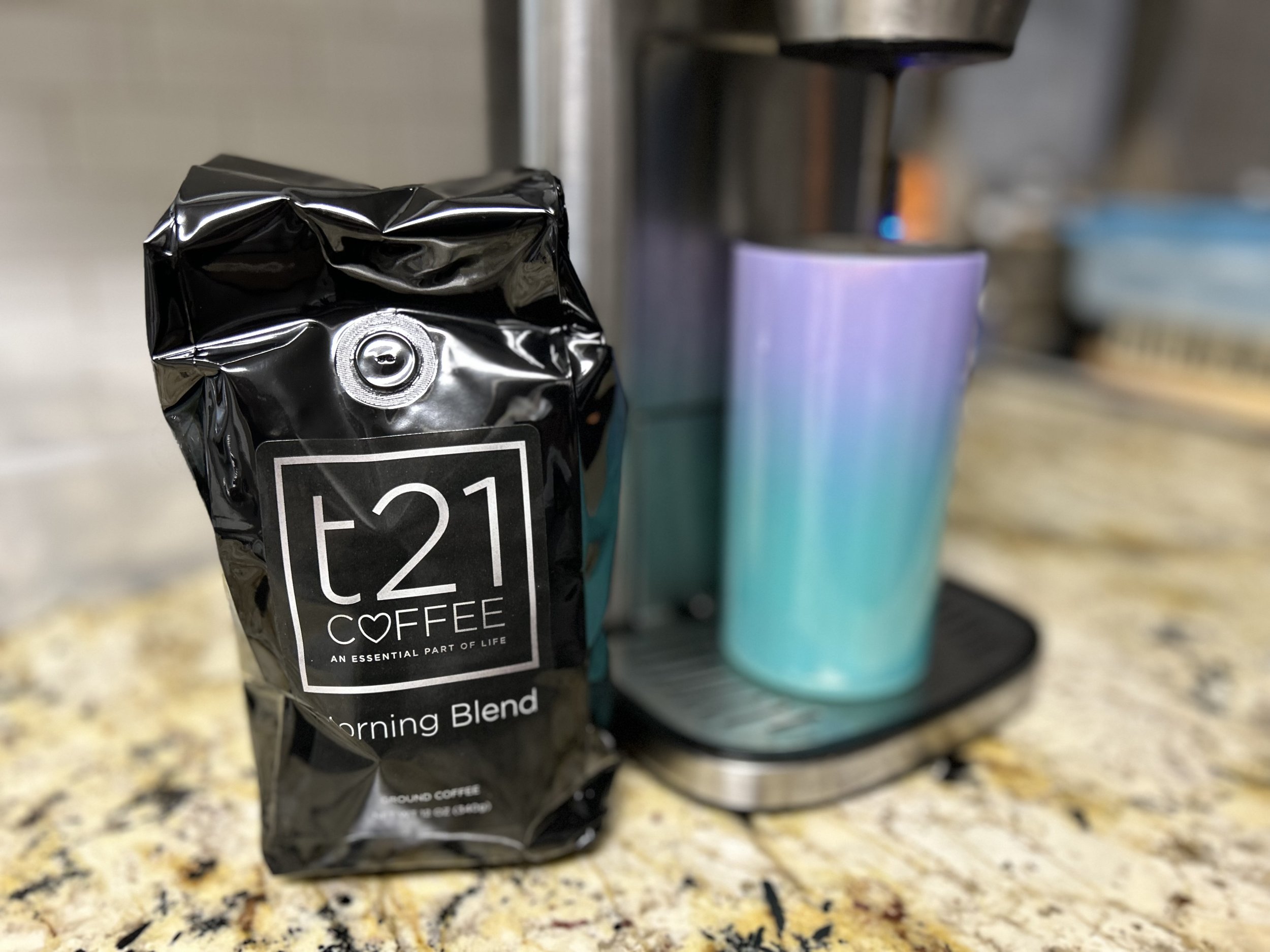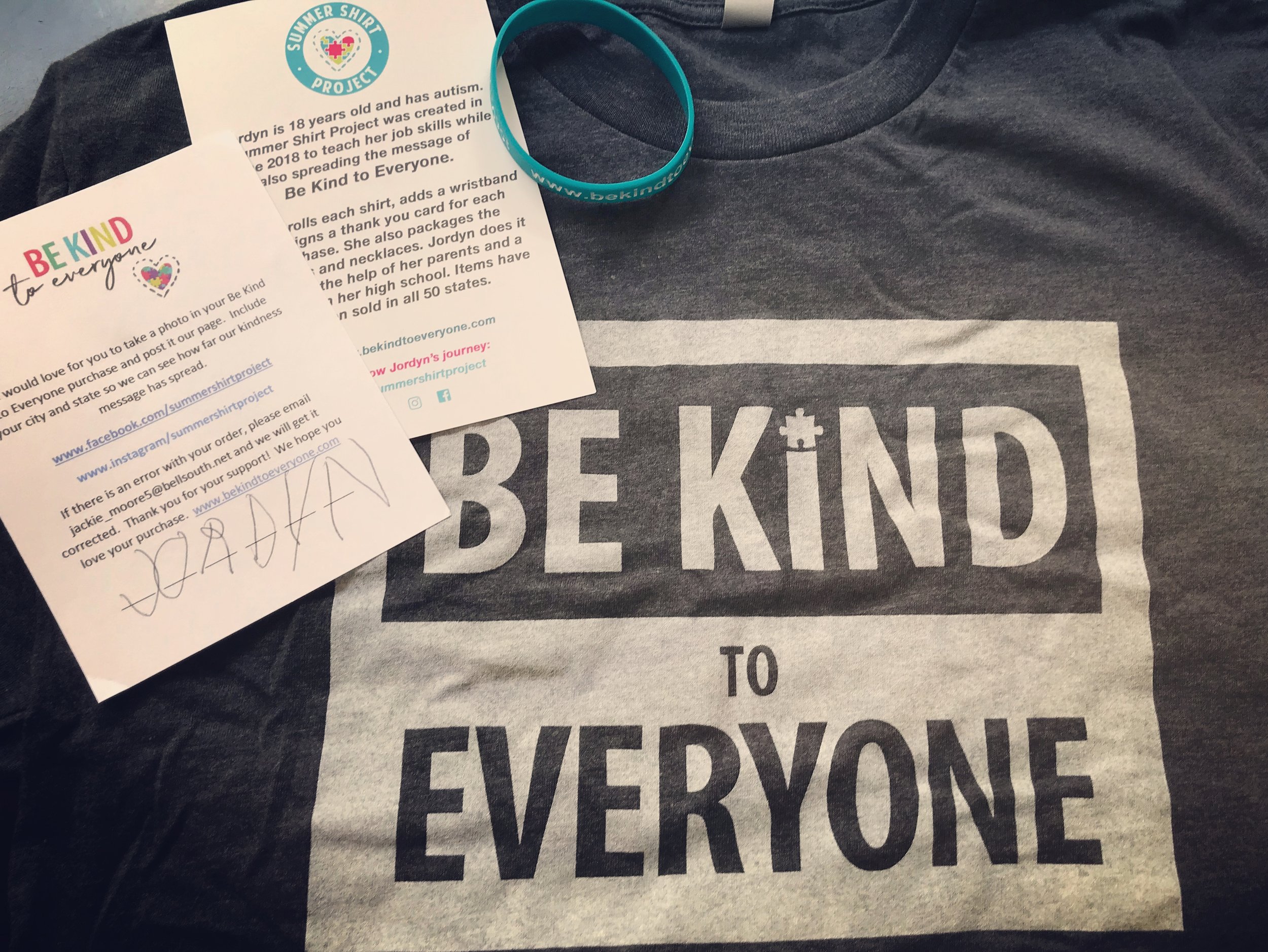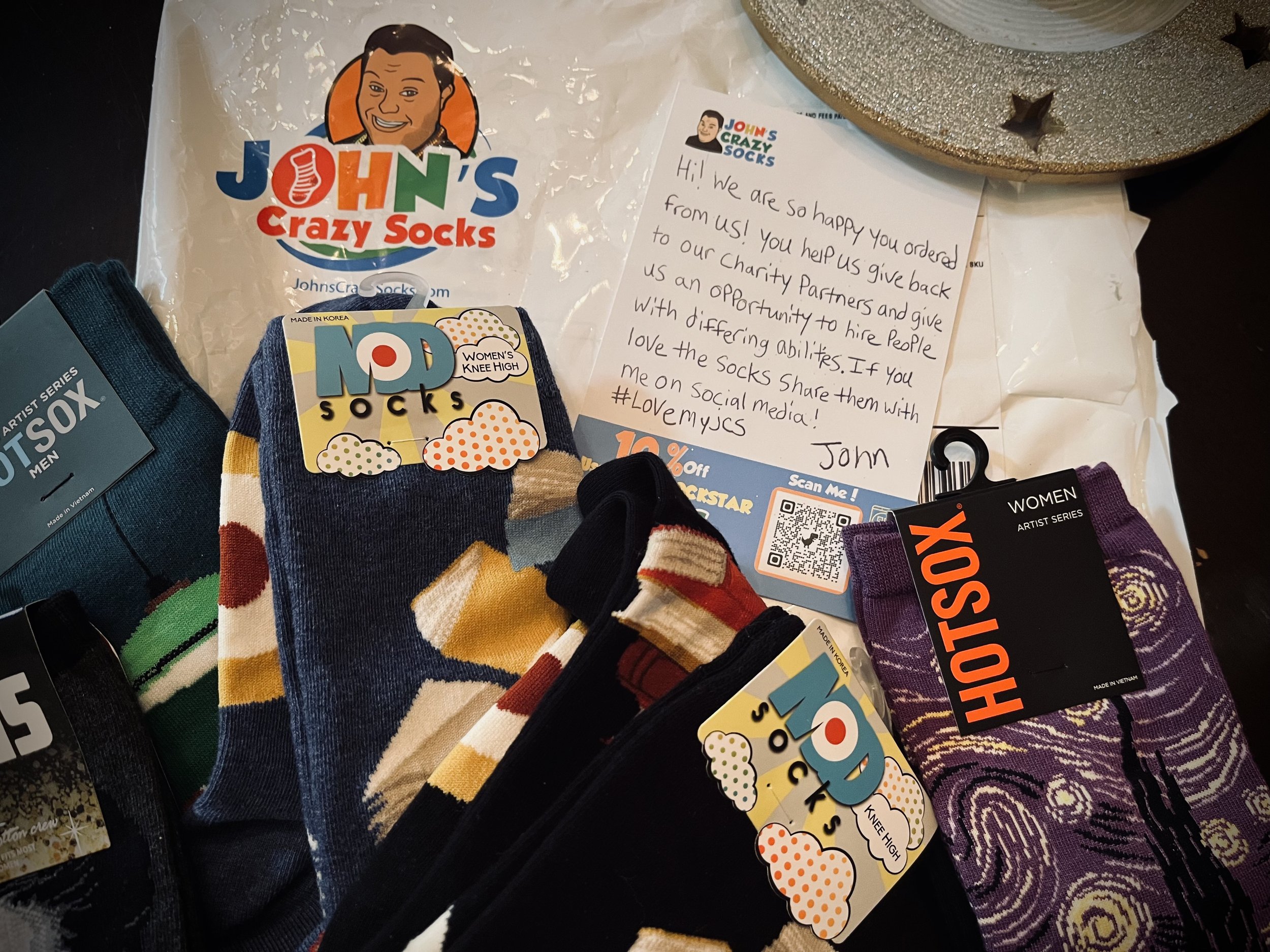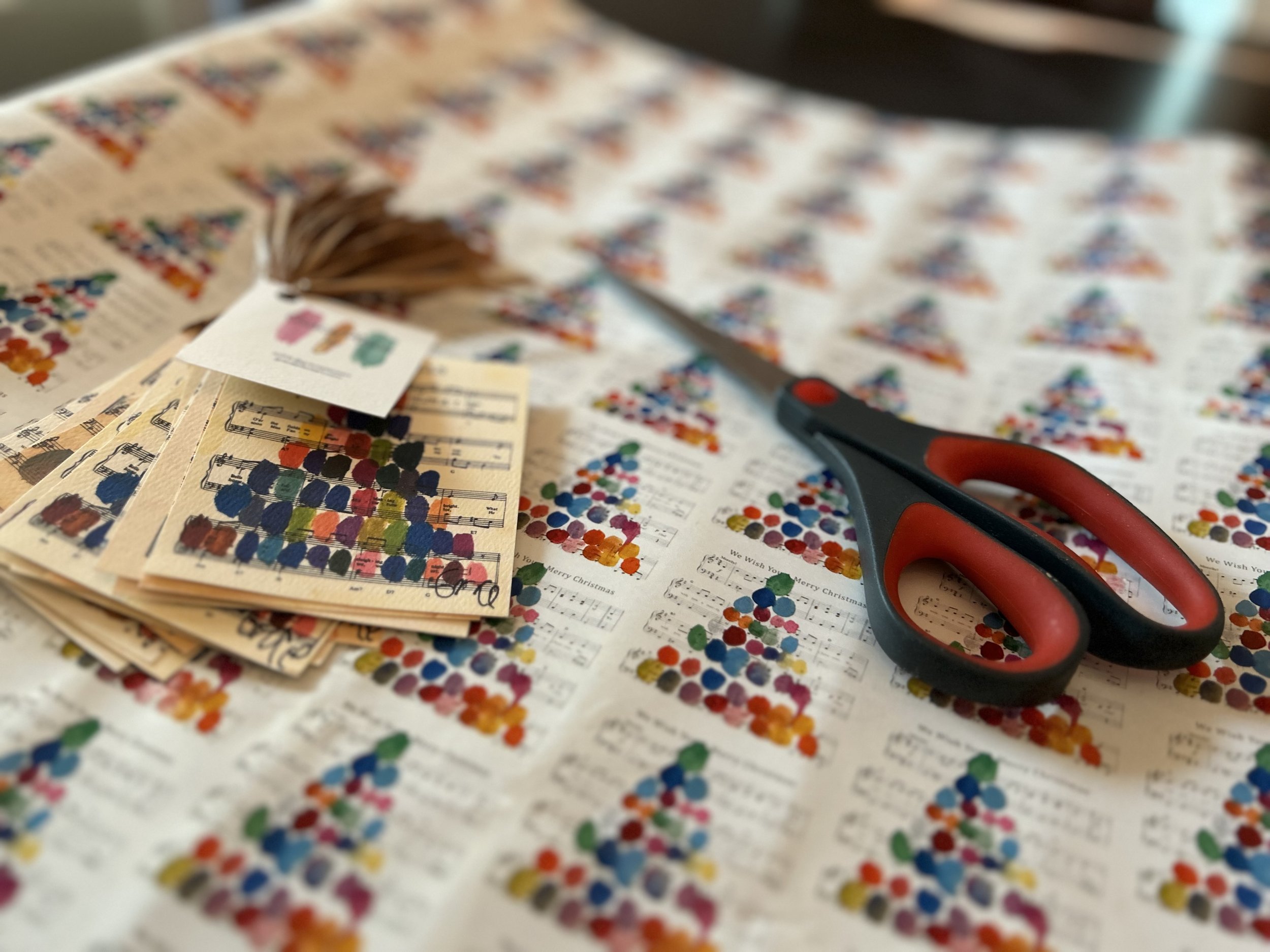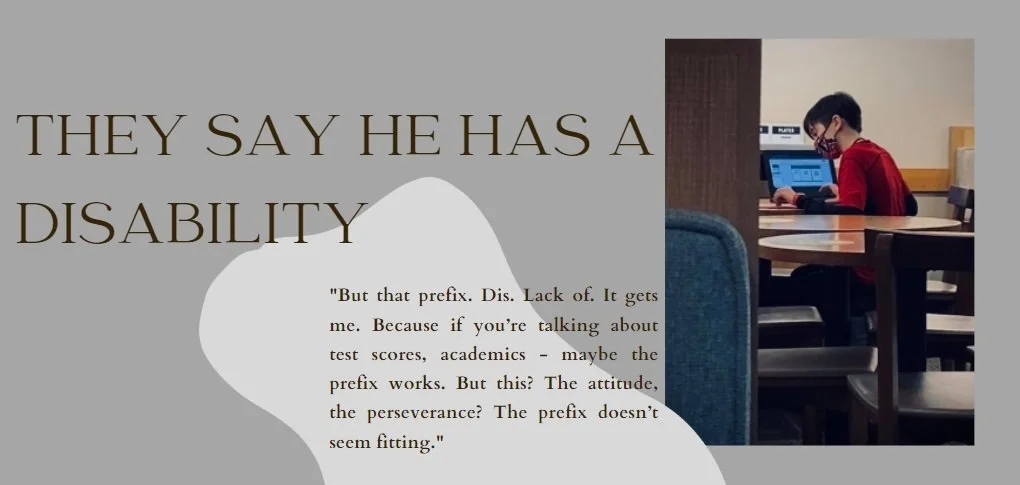I adore a good book. Naturally, they’re one of my favorite gifts to give. If you have someone like that on your list this year, I’ve put together a few quick book ideas.
What’s in this list: These books are written by parents of children with disabilities. They speak to the challenges - and the beauty - that we find in our world.
Who these books are for: Everyone. Truly. While parents or loved ones of someone with a disability will connect deeply with these stories, we need everyone to hear them. Because that inclusive world we’re always talking about? It starts with everyone seeing the value of people with disabilities and understanding their experiences. The more we share these stories, the closer we get to where we want to be.
Where to get them: You can grab most of these titles from [words] Bookstore, which hires young people with autism as a part of its vocational training program. I’ve included links to make it easy! (You can also get them at your favorite local bookstore!)
(And if you’re not looking for books - or you need other gift ideas - check out our 2024 Holiday Gift Guide, featuring neurodiverse businesses we love!)
FOREVER BOY - A MOTHER’S MEMOIR OF AUTISM AND FINDING JOY by Kate Swenson
Hands-down, this is a FAVORITE. I loved this book so much that I bought several copies and filled them with post-its, marking my favorite parts to share with close friends. It feels like sharing something far deeper than just a book—it’s a piece of my heart I’m passing on. It’s that good.
The magic of this book (and it is magical) is this: the author, Kate Swenson, artfully tells the beautiful story of her son, who has severe, nonverbal autism. While his diagnosis is central to the story and an important part of their lives, she writes about it in a way that allows anyone, regardless of their child’s diagnosis, to deeply connect to the love, struggles, and joy she so beautifully captures. Highly recommend!
WHAT MATTERS - REFLECTIONS ON DISABILITY, COMMUNITY, AND LOVE by Janice Fialka
“Gradually, though, Micah has taught us to understand disability not as a misfortune but as a natural part of the human condition. Not as a flaw to be fixed but rather as a call to respect, celebrate, and support differences.” Those are two lines - of many - that got me in this book.
I read this early on in our Guide Project years, after our very first event - a screening of Intelligent Lives (if I ever do movie recommendations, that’ll be top of the list). Janice Fialka, the author, is the mother of Micah Fialka-Feldman, who is featured in the documentary. This book has advice for families, educators, you name it. And it. is. beautiful.
DIFFERENTLY WIRED. RAISING AN EXCEPTIONAL CHILD IN A CONVENTIONAL WORLD by Deborah Reber
I read this book a few years ago, and what really stuck with me about it was author Debora Reber’s brilliant concept of “tilts”, or paradigm-shifting ideas, like “Stop fighting who your child is and lean in” to “Parent from a place of possibility instead of fear” (which I think is a big one for a lot of parents; I know it was for me).
Her final tilt in the book is “If it doesn’t exist, create it” - and this is another one I read around the time we started The Guide Project. So it felt very validating. Definitely a book to get you thinking and one to check out!
A MEASURE OF INTELLIGENCE - ONE MOTHER’S RECKONING WITH THE IQ TEST by Pepper Stetler
OK, so I haven’t actually read this one yet. Which seems weird to recommend, but I promise I have a very good feeling about it. Partly based on the description and partly based on a podcast I listened to that featured an interview with author Pepper Stetler, who is mom to a young woman with Down Syndrome.
In this book, she goes on a journey: exploring the origins and impact of the IQ test on today’s education system, challenging the way we define and measure intelligence, and ultimately making a compelling case for rethinking how we assess an individual’s true potential. Definitely recommend - and want to read!
What books would you add to the list? I’d love to know! Share with me at stacey@guideeachother.org.

